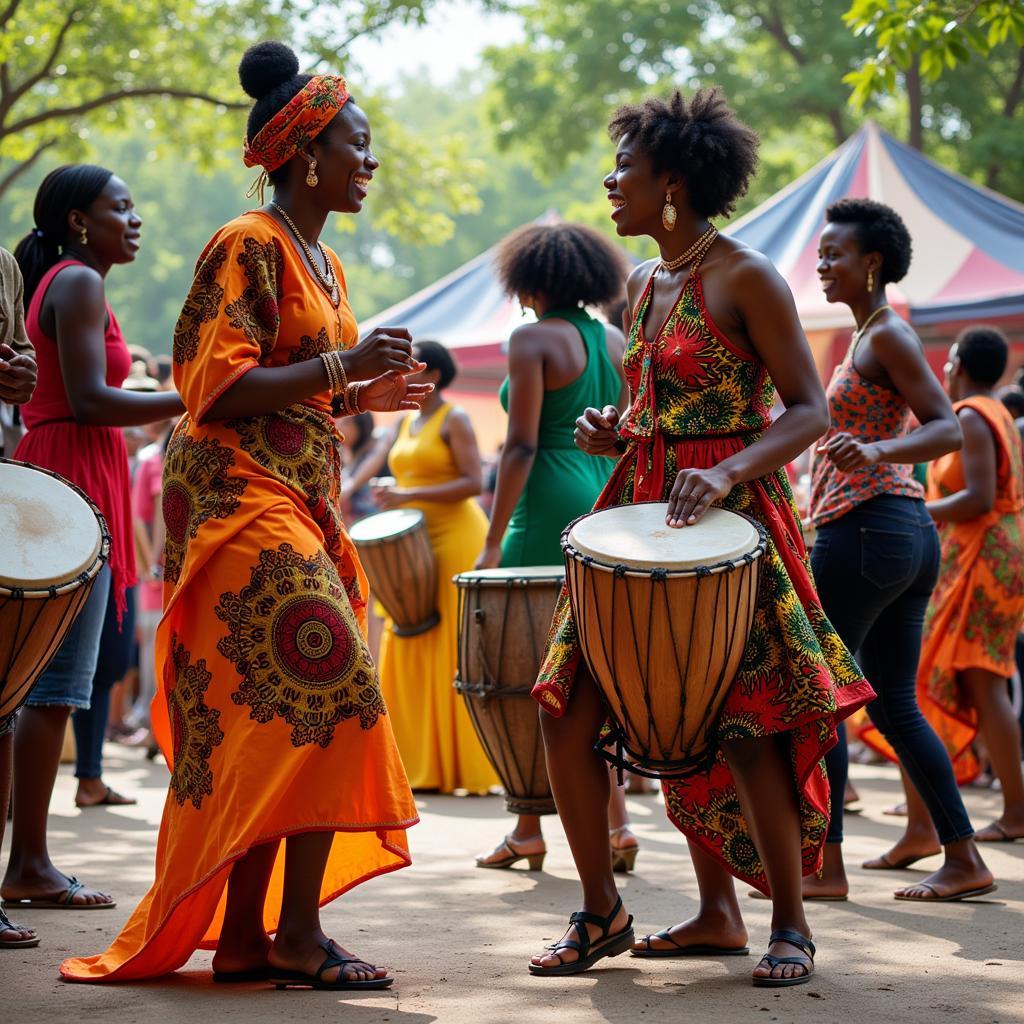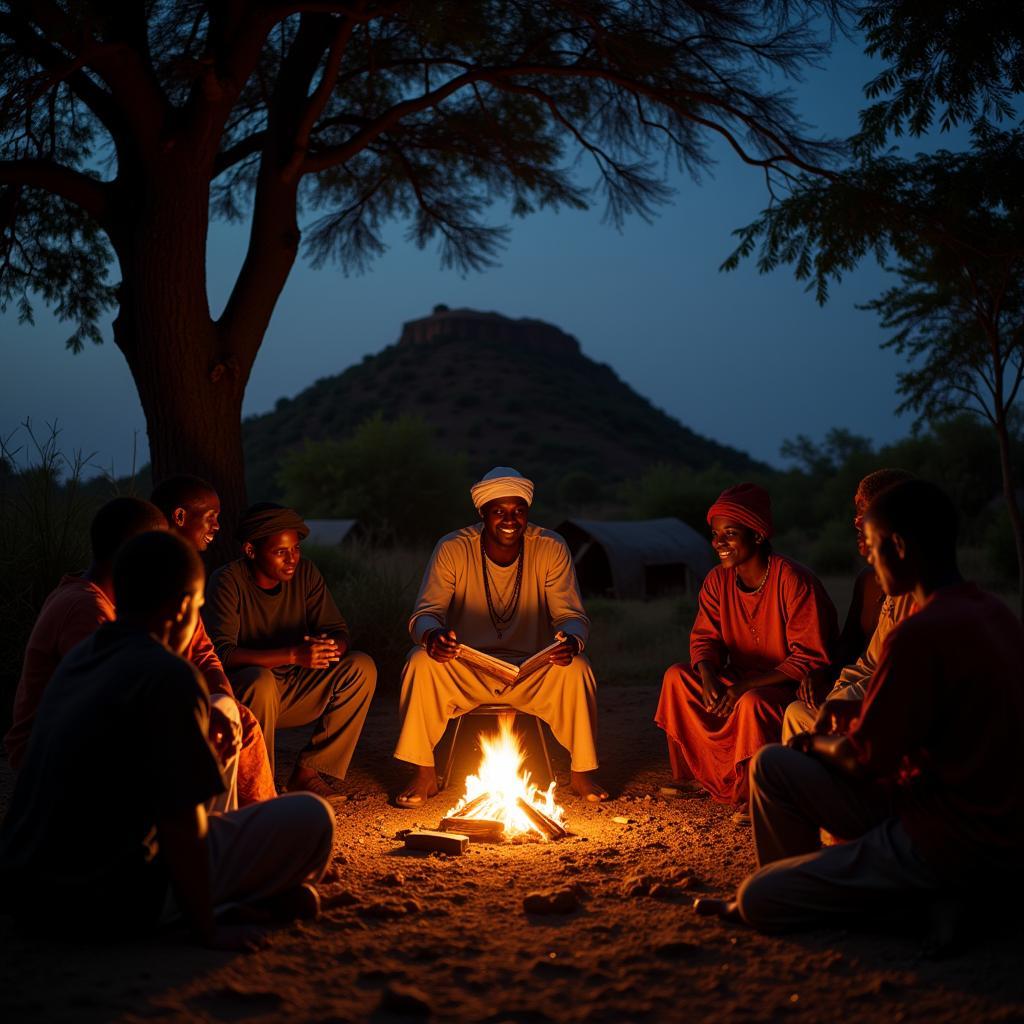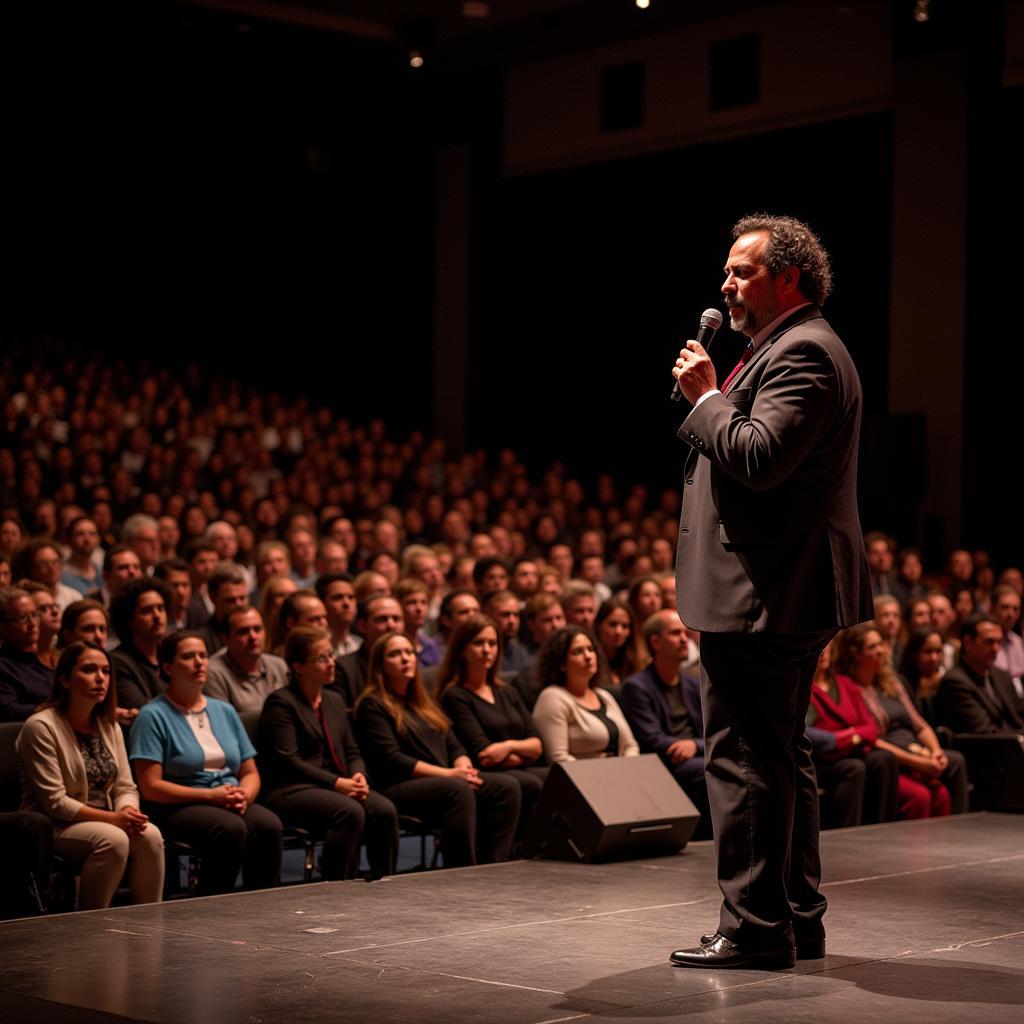Crafting a Powerful African Cultural Day Speech
African Cultural Day Speeches are a powerful platform to celebrate the rich tapestry of traditions, languages, and artistic expressions that define the African continent. These speeches offer a unique opportunity to reflect on our shared heritage, acknowledge the challenges faced, and inspire hope for the future. Whether you’re a student, community leader, or government official, preparing a compelling speech requires careful consideration of your audience, message, and the overall impact you wish to create. This article provides a comprehensive guide to crafting a memorable and effective African Cultural Day speech.
African music is deeply intertwined with the continent’s diverse cultures and histories. Check out African folk music instruments to learn more about their unique sounds and traditions.
Understanding the Significance of African Cultural Day
African Cultural Day, celebrated annually on January 24th, is more than just a day of festivities. It’s a moment to recognize the vital role of culture in promoting peace, understanding, and development across the continent. It’s a time to showcase the beauty and resilience of African traditions in the face of globalization and modernization. Understanding this deep significance is crucial to crafting a speech that resonates with your audience.
What are some key themes for an African Cultural Day speech? Focus on unity, diversity, resilience, the importance of preserving cultural heritage, and the role of culture in shaping the future of Africa. You might also consider exploring specific aspects of African culture, such as music, art, literature, or culinary traditions.
 Celebrating African Cultural Day: A vibrant display of traditional music, dance, and attire
Celebrating African Cultural Day: A vibrant display of traditional music, dance, and attire
Structuring Your African Cultural Day Speech
A well-structured speech ensures your message is clear, engaging, and impactful. Start with a captivating introduction that grabs the audience’s attention and sets the tone for your speech. Clearly state the purpose of your speech and provide a brief overview of the key points you will be addressing. The body of your speech should then delve into these points, providing examples, anecdotes, and evidence to support your arguments. Each section should flow smoothly into the next, building a cohesive narrative. Finally, conclude with a powerful summary of your main points and a call to action, leaving a lasting impression on your audience. For some inspiration, consider exploring an African Cultural Day president speech.
Engaging Your Audience
To deliver a truly effective speech, it’s crucial to connect with your audience on an emotional level. Use vivid language, compelling storytelling, and relatable examples to bring your message to life. Incorporate humor, where appropriate, to create a more relaxed and engaging atmosphere. Maintain eye contact, vary your tone of voice, and use gestures to enhance your delivery and captivate your listeners.
How can you make your speech more interactive? Consider incorporating questions, polls, or brief activities to engage the audience and encourage participation. You could also invite audience members to share their own experiences or perspectives on African culture.
 The Art of Storytelling in African Culture: A griot sharing tales with a captivated audience
The Art of Storytelling in African Culture: A griot sharing tales with a captivated audience
Researching and Writing Your Speech
Thorough research is essential to crafting a credible and informative speech. Explore reputable sources, such as academic journals, books, and documentaries, to gather accurate information about African culture and history. Consult with cultural experts or community leaders to gain deeper insights and perspectives. Once you have gathered sufficient information, organize your thoughts and begin drafting your speech. Pay close attention to the flow of your ideas, the clarity of your language, and the overall impact of your message.
What are some common pitfalls to avoid? Avoid generalizations and stereotypes about African culture. Be mindful of the diversity of the continent and avoid making sweeping statements that may not apply to all African countries or communities.
Delivering Your Speech with Confidence
Practice makes perfect. Rehearse your speech several times before the actual event, paying attention to your pacing, pronunciation, and body language. Record yourself practicing and listen back to identify areas for improvement. Visualize yourself delivering a confident and engaging speech, and focus on connecting with your audience. Remember, your passion for African culture will shine through in your delivery.
Looking for some lighthearted inspiration? Check out some funny African proverbs that can add a touch of humor and wisdom to your speech.
 Delivering an Inspiring African Cultural Day Speech: A speaker addressing a large audience with passion and conviction
Delivering an Inspiring African Cultural Day Speech: A speaker addressing a large audience with passion and conviction
Conclusion
Crafting and delivering a powerful African Cultural Day speech is a rewarding experience that allows you to celebrate the richness and diversity of African culture. By following the guidelines outlined in this article, you can create a speech that informs, inspires, and leaves a lasting impact on your audience. Remember to research thoroughly, structure your speech effectively, engage your audience, and practice your delivery. Let your voice be a powerful advocate for the preservation and celebration of African culture. You can also incorporate impactful African independence quotes to further enhance your message. For inspiring musical accompaniment, consider African drum beats instrumental.
FAQ
-
What is the significance of African Cultural Day?
African Cultural Day celebrates the richness and diversity of African cultures and promotes their role in peace and development. -
When is African Cultural Day celebrated?
It is celebrated annually on January 24th. -
What are some key themes for an African Cultural Day speech?
Key themes include unity, diversity, resilience, cultural heritage preservation, and the future of Africa. -
How can I make my speech more engaging?
Use vivid language, storytelling, humor, and interactive elements. -
Where can I find resources for researching African culture?
Reputable sources include academic journals, books, documentaries, and cultural experts.
Need Further Assistance?
If you need any further assistance in planning your African Cultural Day celebrations or crafting your speech, please don’t hesitate to contact us. Call us at +255768904061, email us at kaka.mag@gmail.com, or visit us at Mbarali DC Mawindi, Kangaga, Tanzania. Our 24/7 customer support team is ready to help.

